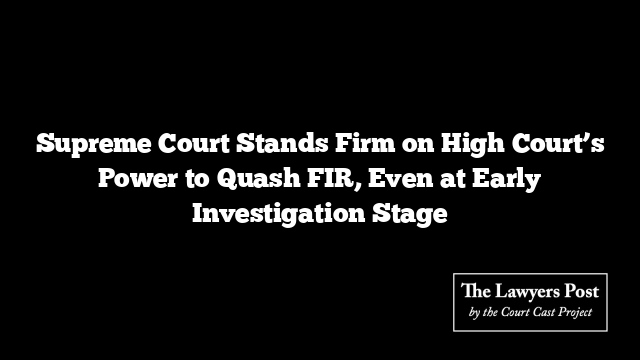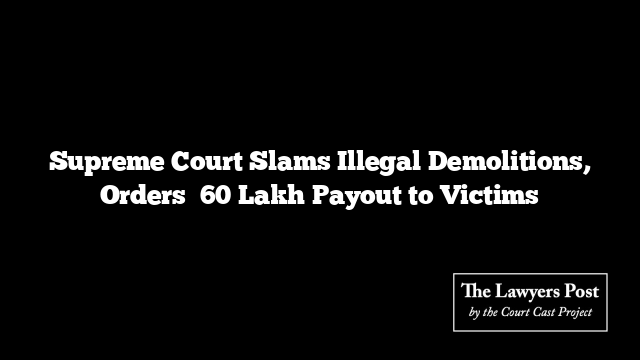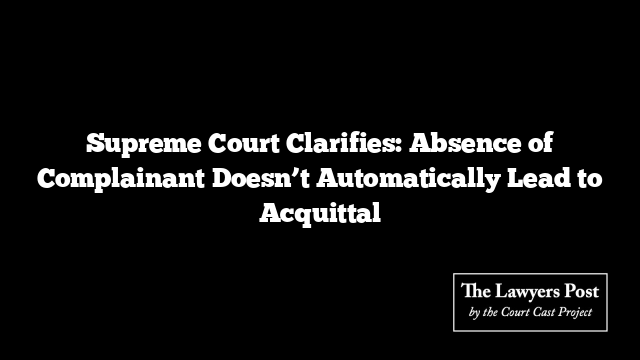In a crucial ruling, the Supreme Court has reinforced the power of the High Court to quash an FIR, even during the early stages of an investigation, if the allegations fail to establish a prima facie case. The Court clarified that there is no absolute rule barring such intervention simply because the investigation is in its initial phase, emphasizing that the High Court can step in to prevent the abuse of legal processes.
The bench, consisting of Justices Abhay Oka and Ujjal Bhuyan, made this assertion while quashing an FIR filed against Congress Rajya Sabha MP Imran Pratapgarhi. The case stemmed from a video he posted on Instagram, featuring a poem set against a politically charged backdrop. The FIR, filed by the Gujarat Police, invoked several serious sections under the Bharatiya Nyaya Sanhita, including charges related to promoting enmity and inciting hatred.
The Supreme Court sharply criticized the FIR as a mechanical act with no substantive grounds, noting that it amounted to an abuse of the legal process. The Court pointed out that the allegations did not suggest any criminal intent or “mens rea,” making it clear that the FIR should never have been registered in the first place.
The ruling also addressed the High Court’s earlier reliance on the judgment in Neeharika Infrastructure Pvt. Ltd. v. State of Maharashtra. While the High Court had adhered to the notion that the High Court could only quash an FIR based on whether it disclosed a cognizable offence, the Supreme Court clarified that this should not be seen as an absolute limitation on the Court’s powers.
In the case at hand, the High Court had ruled that Pratapgarhi’s post could disturb public harmony due to its content and the response it triggered. However, the Supreme Court found this reasoning questionable, particularly since it failed to recognize the Member of Parliament’s constitutional right to freedom of speech and expression.
The ruling draws upon the landmark State of Haryana v. Bhajan Lal case, which outlines various circumstances under which FIRs can be quashed, such as when the allegations are so unreasonable that no prudent person would support the case, or when the allegations suggest a non-cognizable offence, among other criteria.
Ultimately, the Supreme Court quashed the FIR, deeming it to be an unwarranted use of legal machinery. The Court stressed that the Gujarat High Court should have intervened earlier to prevent the misuse of law.





